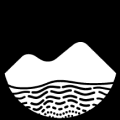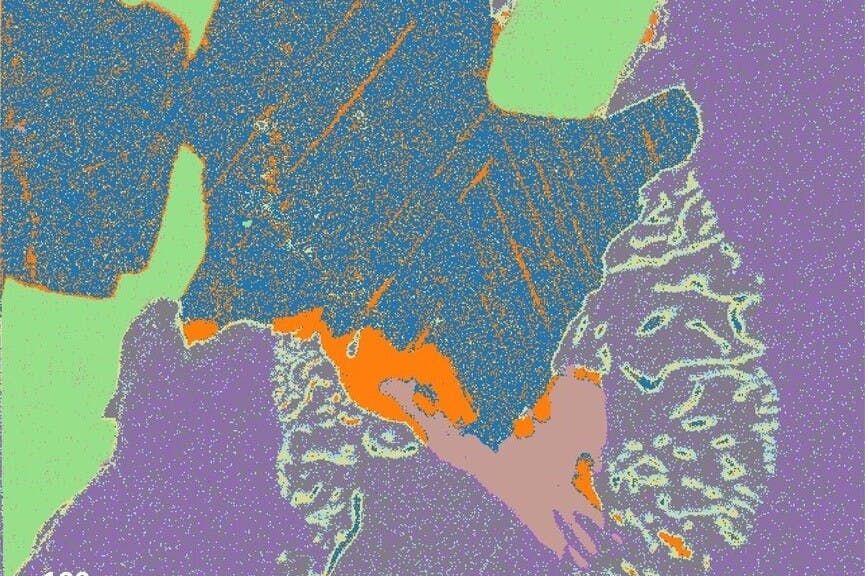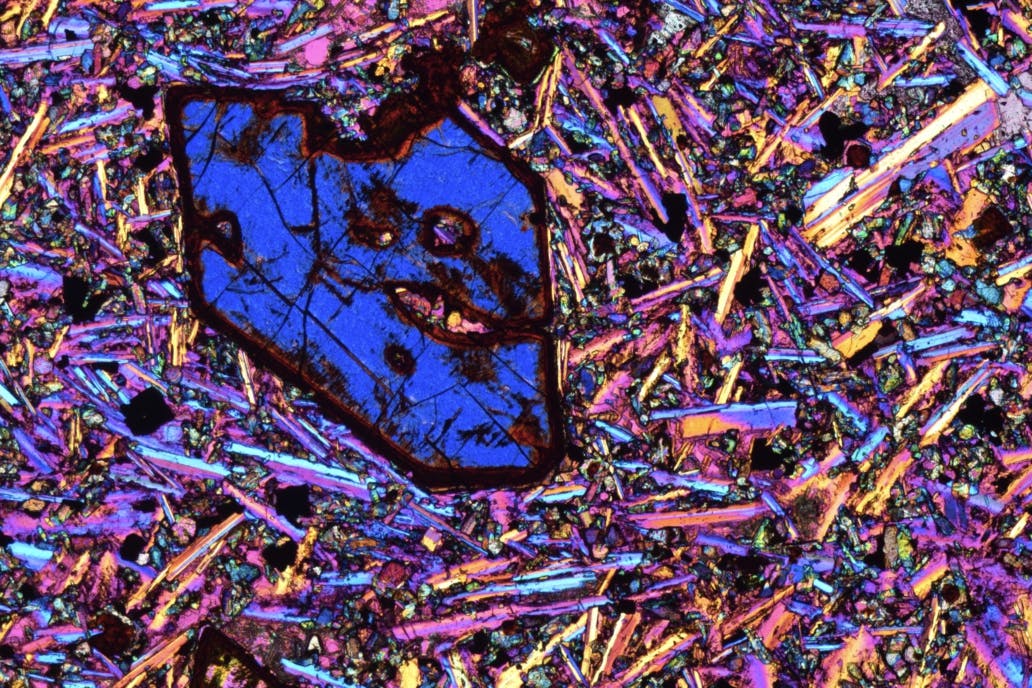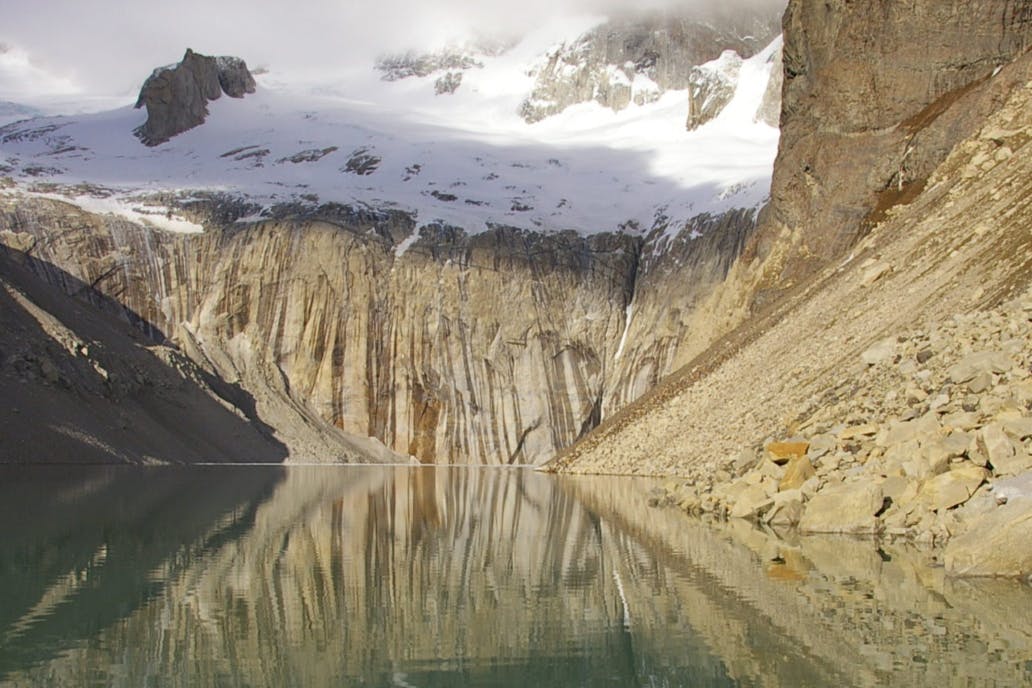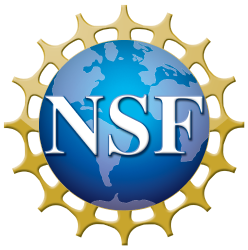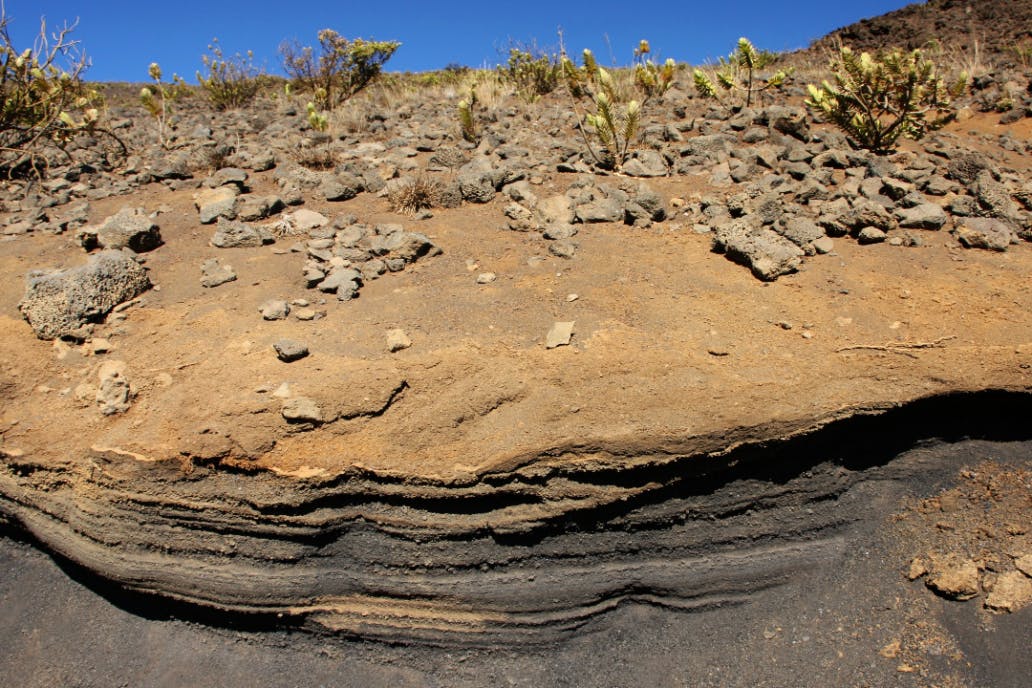
Tephra
Collection, Analysis, and Correlation Recommendations for Tephra Studies
Tephra is a unique volcanic product that plays an unparalleled role in understanding past eruptions, long-term behavior of volcanoes, and the effects of volcanism on climate and the environment. Tephra deposits provide spatially widespread, extremely high-resolution time-stratigraphic markers across a range of sedimentary settings and are used in a range of disciplines (e.g. volcanology, seismotectonics, climate science, archaeology, ecology, public health and impact assessment). Nonetheless, the study of tephra deposits has been challenged by the lack of standardization that often prevents comparison amongst various regions and across disciplines.
The global, interdisciplinary tephra community coordinated through the IAVCEI Commission on Tephrochronology has established best-practice recommendations for tephra studies. The recommendations can be found on Zenodo.
News & Announcements
Tephra Information Portal (TIP) would like to invite contributions to our session “From Principles to Practice: Multidisciplinary Approaches to Data-Driven Tephra Research” at the 2026 European Geophysical Union (EGU) General Assembly (3-8 May). This session focuses on multidisciplinary approaches to tephra research through data visualization, numerical modeling, and statistical analyses. We especially welcome submissions that present their work flows, best practices, and advances in cyberinfrastructure (applications, tools, data systems, repositories, etc.)
Read more and submit your abstract here: https://meetingorganizer.copernicus.org/EGU26/sessionprogramme/5860#
Getting Started
Tephra Templates
Method Information & Templates
Method Information
You must provide information regarding how your data were collected. The method template can be registered with a DOI once to document your laboratory procedures. It can be reused in future work by citing the DOI in the data template.
Method Template
Use the template to register your instrument calibration data.
Submit this template for publication with DOI (EarthChem Library is preferred, but you can submit the method template to other repositories as well e.g. Zenodo).
The DOI should be cited whenever you are publishing data associated with this technique.
Currently method templates are available for EPMA/SEM-EDS and LA-ICP-MS.
Tephra Sample Metadata Templates
Sample Information
To catalog metadata and receive unique identifiers for samples that you own, please use one of the tephra sample templates.
These templates were developed by mapping the tephra best practices “recommended metadata” to the available sample metadata for registration and sample cataloging in SESAR.
If you are not registering samples in SESAR, you must include the tephra sample template in your ECL data submission to provide sample metadata.
Sample Template
Use the Comprehensive Template to upload the full suite of your tephra metadata. Use the Simplified Template (e.g. site, individual sample, core, core drive) if you are only looking to make your samples discoverable and plan to maintain you own more detailed metadata records elsewhere. The tephra community highly recommends use of the Comprehensive template to record your metadata.
The Simplified Template only captures basic sample metadata that are already part of SESAR registration process and will not capture all of the important metadata fields recommended by the tephra community best practice guidelines. Use the Comprehensive Template to upload a full suite of your tephra metadata knowing that only metadata fields that exist in SESAR will be added to their database, however, the full record will be available as a downloadable file attached to your data submission in the EarthChem Library.
If you have questions about how to fill out these templates, please reach out to info@geosamples.org.
Tephra Glass Data Templates
EPMA/SEM-EDS and LA-ICP-MS data templates are currently available for tephra glass samples. If your data is not compatible with this template, please reach out to info@earthchem.org.
Learn more
Tephra Information Portal (TIP)
The Tephra Information Portal is envisioned as a central point of access to data resources for the community of researchers who study tephra or need access to tephra data. TIP is being built as a collaboration between the Tephra Community and the IEDA2 data facility as part of the development of the Framework for FAIR Data Communities that IEDA2 will use to improve its services and support for existing and future data communities in IEDA2 (including EarthChem, SESAR2, and LEPR/traceDs) as well as the Astromaterials Data System.
More on Tephra
Additional details on tephra data collection, analysis, and correlation are available in the Nature Scientific Data manuscript:
Wallace, K.L., Bursik, M.I., Kuehn, S. et al. Community established best practice recommendations for tephra studies—from collection through analysis. Sci Data 9, 447 (2022). https://doi.org/10.1038/s41597-022-01515-y
For legacy information on the development of the tephra best practices recommendations, see the Vhub Repository.
